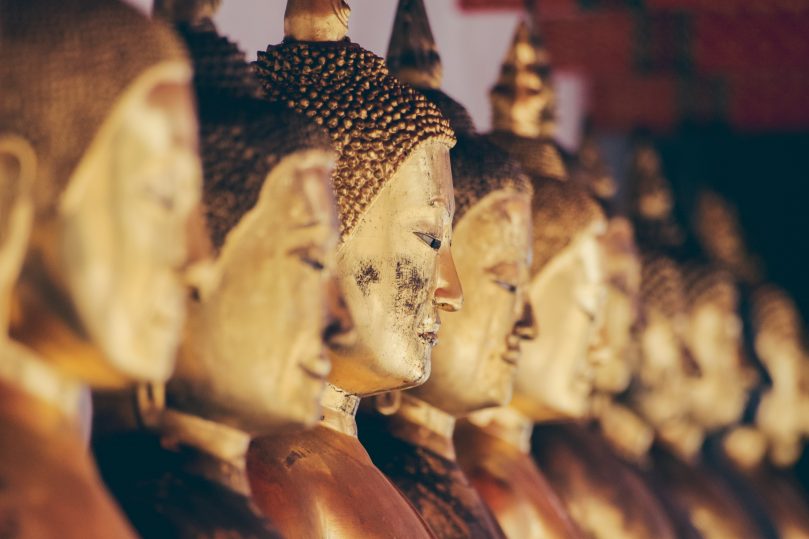Ikkyu, a famous Zen teacher of the Ashikaga era, was the son of the emperor. When he was very young, his mother left the palace and went to study Zen in a temple. In this way Prince Ikkyu also became a student. When his mother passed on, she left with him a letter. It read:
To Ikkyu:
I have finished my work in this life and am now returning into Eternity. I wish you to become a good student and to realize your Buddha-nature. You will know if I am in hell and whether I am always with you or not.
If you become a man who realizes that the Buddha and his follower Bodhidharma are your own servants, you may leave off studying and work for humanity. The Buddha preached for forty-nine years and in all that time found it not necessary to speak one word. You ought to know why. But if you don’t and yet wish to, avoid thinking fruitlessly.
Your Mother,
Not born, not dead.
September first.
P.S. The teaching of Buddha was mainly for the purpose of enlightening others. If you are dependent on any of its methods, you are naught but an ignorant insect. There are 80,000 books on Buddhism and if you should read all of them and still not see your own nature, you will not understand even this letter. This is my will and testament.
Photo by Jeremy Perkins on Unsplash









